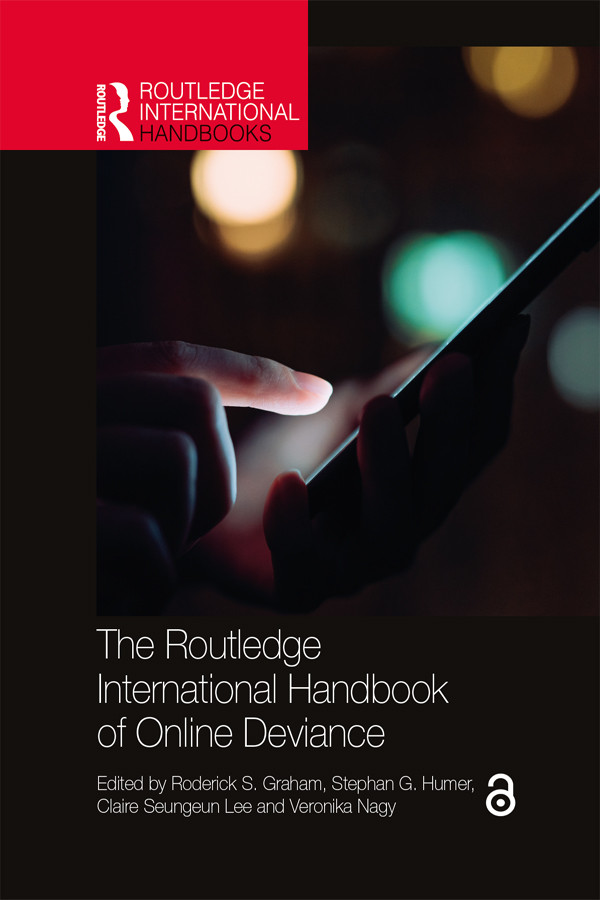Product desciption
The Routledge International Handbook Of Online Deviance Roderick S Graham by Roderick S. Graham, Stephan G. Humer, Claire Seungeun Lee, Veronika Nagy instant download after payment.
Covering a wide range of interactions in the digital society, including invasive social media platforms, new forms of victimisation and cultural resistance, this volume is a comprehensive exploration of the current state of sociological and criminological scholarship focused on online deviance.
Understanding deviance broadly, the handbook acknowledges both conventional normative approach and a constructionist approach to the topic, putting into sharp relief the distinctions between cybercrime and online deviance on the one hand and wider concerns of digital harms related to online interactions on the other. The handbook is divided into five captivating sections, each delving into a unique aspect of online deviance. The first section lays the groundwork with essential theories and methods for exploring this digital phenomenon. In the second section, “Gender, Sex, and Sexuality,” you’ll find fascinating empirical research on how these aspects are expressed in online spaces considered deviant. The third section, “Violence and Aggression,” uncovers the dark side of online communication, examining hate speech, cyberstalking, and other forms of digital violence. The fourth section, “Platforms, Communities, and Culture,” takes you into the world of online communities and networks that are often labeled as deviant by society. Lastly, the fifth section, “Contextualizng Online Deviance,” highlights research in which a terrestrial location is impactful to the online phenomena studied.
Providing a window into future scholarship over the next several years and acknowledging the ephemeral nature of research on digital technology, The Routledge International Handbook of Online Deviance is essential reading for students and scholars of Criminology and Sociology focused on deviant online behaviour. It will also appeal to those working in related areas within Internet/Digital Studies, Media/Communication Studies, Psychology, and Cybersecurity.


